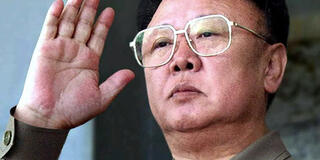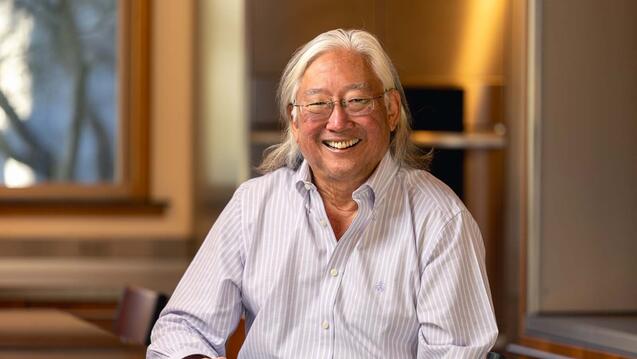North Korea: The Road Not Taken
U.S. policy toward North Korea must change if the communist government led by Kim Jong-il is to be prodded into giving up its pursuit of nuclear weapons, according to researchers at the Nautilus Institute for Security and Sustainability at the University of San Francisco.
The Six-Party Talks that have been Washington’s primary diplomatic and negotiating window into North Korea for years have stalled and the U.S. reliance on sanctions and one-ups-man nuclear threats have, if anything, escalated the likelihood of conflict on the Korean Peninsula, say Scott Bruce, director of the Nautilus Institute, part of USF’s Center for the Pacific Rim, and Peter Hayes, co-founder and executive director of the Nautilus Institute and professor of international relations at the Royal Melbourne Institute of Technology in Australia.
Bruce and Hayes’ findings are published in a June report released in the wake of the sinking in March of the South Korean naval ship Cheonan, which a multi-national team of investigators blamed on a torpedo launched by a North Korean miniature submarine.
While North Korea has denied involvement, the sinking of the Cheonan benefits the North by exposing the South Korean leadership’s dependence on the U.S. to protect it from attack as provided by treaty – something that didn’t occur.
“The attack on the Cheonan suggests that the DPRK (North Korea) intends to exploit its nuclear capacity for political ends, not deterrence,” according to the report, “North Korea’s Nuclear Shadow and the Sinking of the Cheonan.”
In the report, Bruce and Hayes argue that there is no military, let alone nuclear, response that makes sense to North Korea’s strategy. Rather, what is needed is a new U.S. political strategy aimed at devaluing not only North Korea’s nuclear weapons, but nuclear weapons in general.
What might work is the negotiation of an internationally legal binding nuclear weapons free zone that includes both Koreas and Japan and would mean that the U.S. won’t target North Korea with nuclear weapons. Such an approach also has the benefit, from a U.S. perspective, of being touted as part of the U.S. pursuit of the global abolition of nuclear arms, Bruce says.
“This approach – currently ‘the road not taken’ – would leave the DPRK sitting in splendid isolation atop a small pile of useless nuclear weapons in a very deep economic hole from which there is no exit, and facing massive, overwhelming conventional force in response to any DPRK first-use of nuclear weapons,” the report states.
Instituting a nuclear weapons free zone, which requires validation by the world’s five declared nuclear powers, China, Russia, the U.K., France, and the U.S., would provide security for North Korea from a U.S. nuclear first strike. It would also ensure support from China and Russia on the issue (which hasn’t always been the case). For the U.S., a nuclear weapons free zone would establish a nuclear weapons monitoring and verification system to ensure that North Korean spent nuclear energy fuel is not diverted for weapons use and that all weapons grade nuclear material is accounted for, Bruce and Hayes say.
“Thus the zone puts the demands made on both sides on the table, and enables denuclearization in a way that has not been yet been reached in the negotiations,” the report states.
Know someone with a powerful USF story? Let us know! usfnews@usfca.edu | Twitter @usfcanews



